background-image: url(img/people.png) .left-column50[ # Introduction & Syllabus CSE493e, Fall 2024 ] --- name: normal layout: true class: --- # Important Reminder .left-column[ ] ## This is an important reminder ## Check on zoom buddies ## Make sure zoom is running and recording!!! --- .left-column-half[ # Jennifer Mankoff Pronouns: She/her [Make4All Lab](http://make4all.org) I use technology to improve inclusion in and *accessibility* of our digital future. ] .right-column-half[ 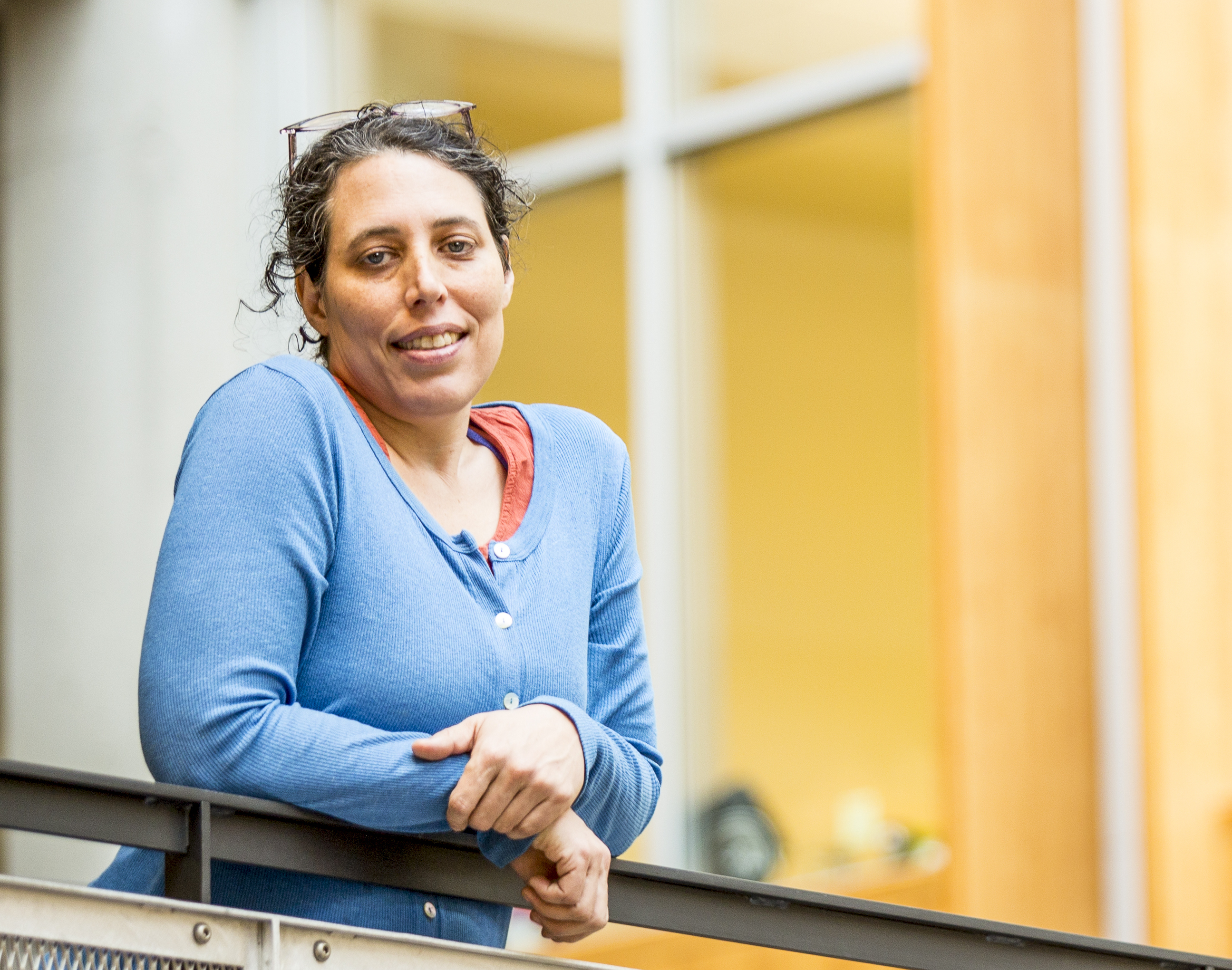 ] --- .left-column60[ # Lucille Njoo Pronouns: she/her I'm a 4th-year PhD student working on NLP for social good: - Ethics, bias, and harm mitigation - NLP for high-stakes settings like the criminal justice system - How social context influences the impact of language I'm also the co-chair of [Ability](https://ability.cs.washington.edu/)! ] .right-column40[ 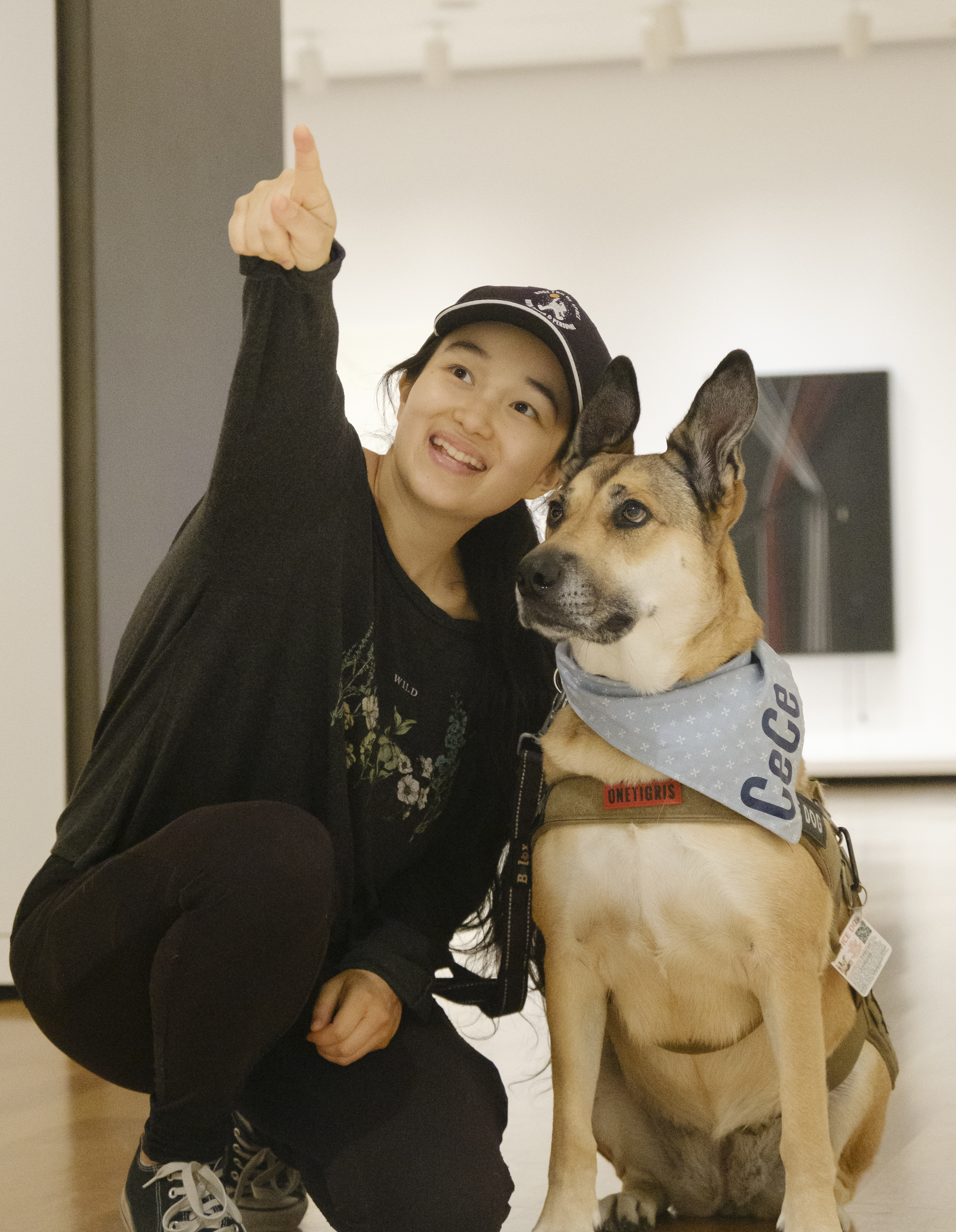 ] --- .left-column60[ # CeCe (Class Mascot!) I'm a trained service dog who helps Lucille with her disability by doing medical alerts and other tasks. I am the bestest girl! Current Research Interests: - Peanut Butter - Squirrels - Zoomies - Other dogs' butts ] .right-column40[ 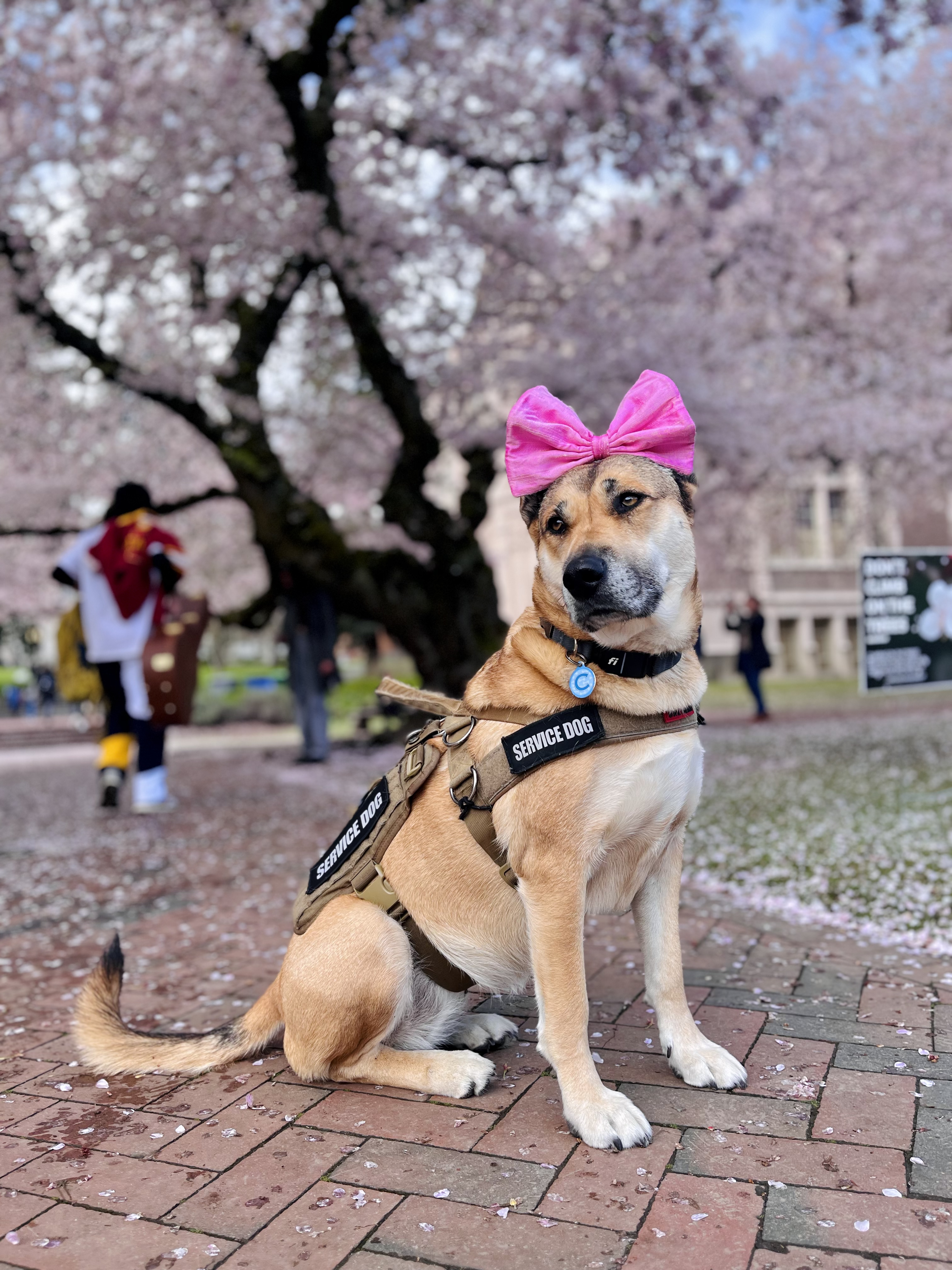 ] --- .left-column60[ # Manasa Lingireddy Pronouns: She/her I'm a 4th year undergrad student. I took this class last year and really enjoyed the topics we covered and the projects we worked on. Super excited to be back! ] .right-column40[  ] --- .left-column60[ # Michelle Vu Pronouns: she/her I'm a 4th-year undergrad student. I'm excited to share impact of accessibility on computing and design! Recent involvement: - Husky Robotics - Develop for Good ] .right-column40[ 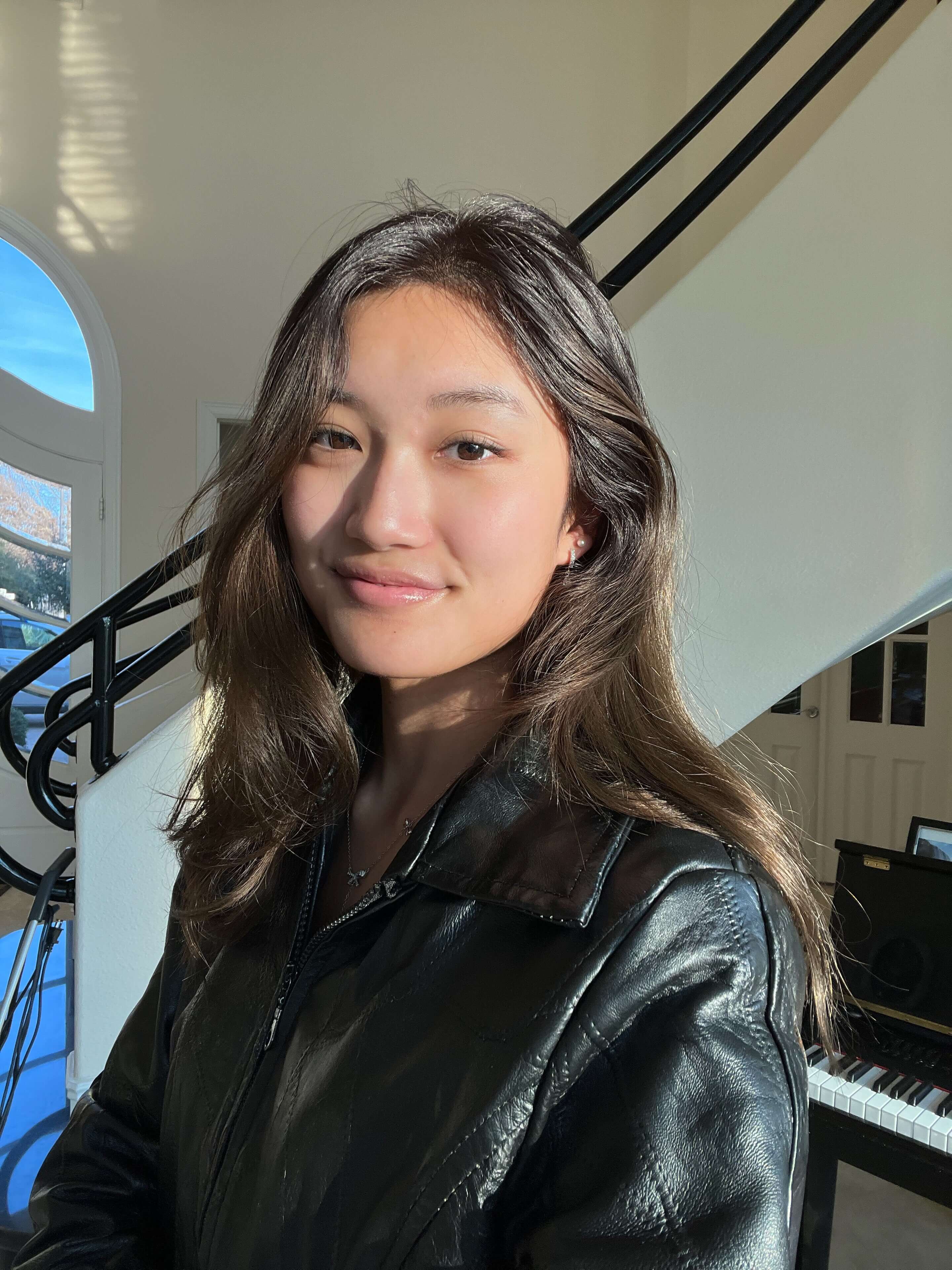 ] --- .left-column60[ # Joo Kim Pronouns: she/her I'm a 5th-year undergrad student. I'm looking forward to teaching one of my favorite classes! ] .right-column40[ 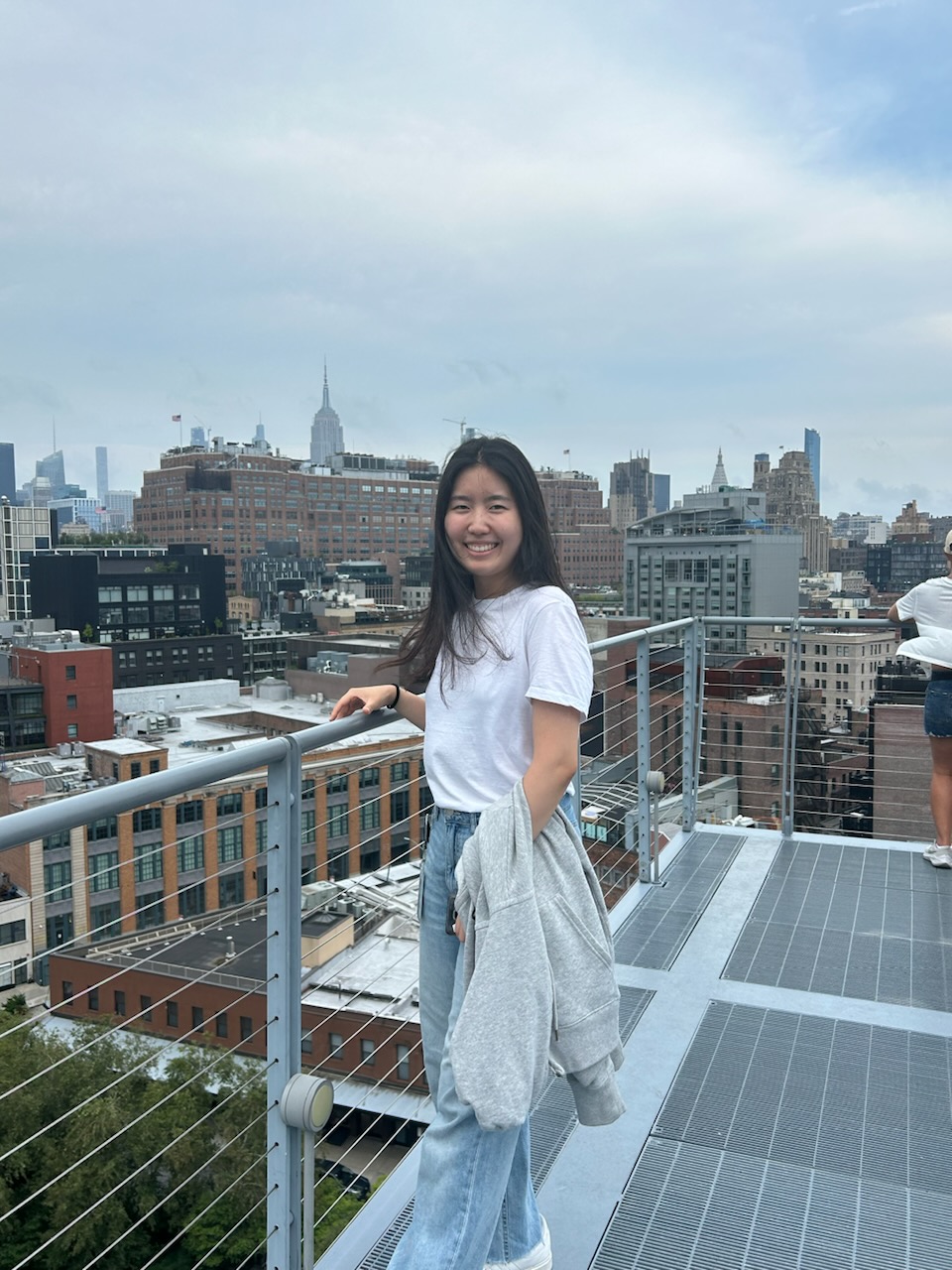 ] --- # Warm up <iframe alt="A poll asking students about their favorite mobile app" src="https://embed.polleverywhere.com/free_text_polls/bg44vaTSg1KAuLzfz9eXK?controls=none&short_poll=true" width="800px" height="600px"></iframe> --- # Let's get to know you! Discuss with at least two neighbors: - Do you know whether your favorite app is accessible? - Why do you want to learn about accessibility [Post to Discussion](https://edstem.org/us/courses/67367/discussion/5304885) --- # Course learning goals: ## Access Basics How do we build accessible systems and interfaces? - Week 1: Ways of thinking about and designing for accessibility - Week 2: How we make static documents accessible - Week 3: How we assess whether websites and apps are accessible - Week 4: Accessible needfinding and evaluation - Week 5: Industry perspectives on Accessibility --- # Course learning goals: ## Second Wave Accessibility How do we account for access in all of today's technologies? - Data Equity: Visualization and AI - Making Accessibility: Fabrication and IOT - Security and Privacy - AR/VR - ... --- # Course learning goals: ## Third Wave Accessibility How does technology impact access in all the spaces where disabled people are present? - Intersectionality with Race, Gender & other identities - Sustainability - Housing, Unhoused, and Incarcerated - Healthcare technology & reproductive justice - Higher Education - (we won't have enough time for all this!) --- [//]: # (Outline Slide) # Learning Goals for today - What is Disability? - Some Disability Law and History - What are some models of disability? - What is Accommodation? --- 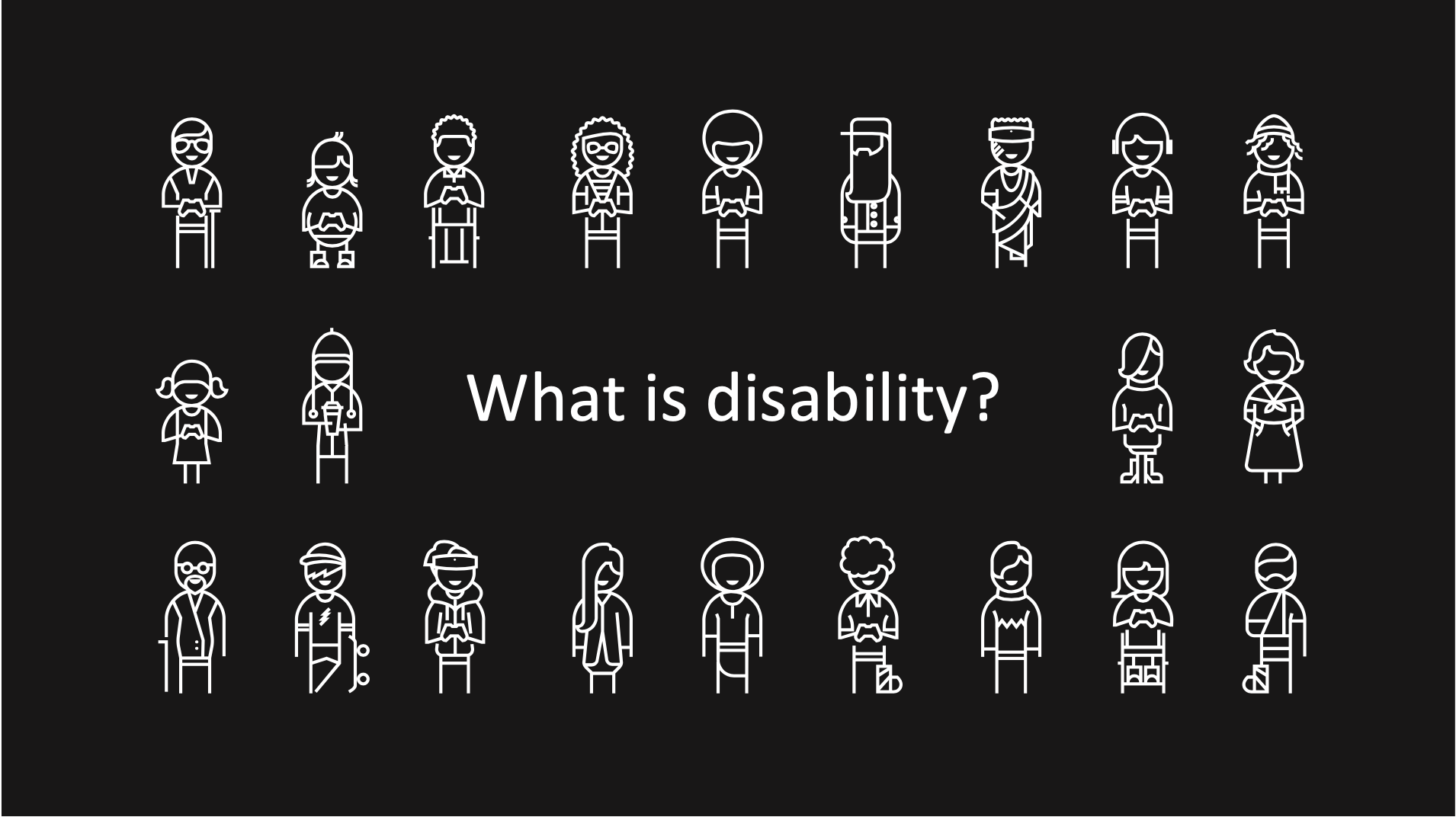 --- ## Disability: A context-dependent .blue[mismatch]* .left-column50[ **1980**  **Disability as a personal attribute** "restriction or lack of ability ... within the range considered normal" Is a **medical model** asking how do we *fix people* ] .left-column50[ **2000ish**  **Disability in context** "the interaction between features of a person's body and ... [their] society" Is a **social model** asking how do we *fix society* ] --- # Neither is quite right* - Medical Model (how do we *fix people*) - Social Model (how do we *fix society*) Postmodern: Disability doesn't need to be fixed, but celebrated as part of human variation. Disability pride, disability culture, and disabled joy are all things to support and celebrate. --- # Worldwide Stats 1 Billion (~15%) of population [WHO'11]; 19% of USA [Census'12] | Visual | Hearing | Neurodiversity | Speech | Mobility | Mental Health | |--|--|--|--|--|--| |  |  |  |  | 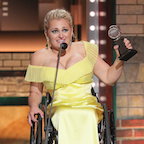 |  | | Ray Charles | Marlee Matlin | Temple Grandin | President Biden | Ali Stroker | Catherine Zeta-Jones| | *Colorblind*<BR>*Visual Impairment*<BR>*Blind* | *Hearing loss* <BR> *Deaf* | *Dyslexia* <BR> *Autism* <BR> *PTSD* | *Stutter* <BR> *Nonspeaking* <BR> *Dyspraxia* | *Quadriplegia* <BR> *Limb different* | *Bipolar*<BR>*Anxiety*<BR>*PTSD*<BR>*Depression* | ??? call out that you don't have to be famous to be proud of being disabled call out multiple disabilities --- # Rates of Disability are increasing Rates of disability are increasing - Aging population - Long COVID - Increasing numbers of people with chronic illness (can span disability segments) Not everyone in these groups identifies as disabled --- # Don't oversimplify - People can be multiply disabled - More than one disabled person might be in the same space with different accommodations --- # Accommodation Accommodation is your right - Co-producing access for all participants in a space or event - Sometimes helped by software & media, some [free](https://depts.washington.edu/uwdrs/technology/) - Legally mandated, but also so much more - Mandated by multiple laws in Higher Education (That is why UW has a DRS office) - Ongoing and constant legal challenges, especially to the [ADA](http://www.webaim.org/coordination/law/us/ada) - In addition, 147 countries have ratified the **UN Convention on Rights of PD** (2006) ??? 1996 ADA complaint against San José Use of PDF inaccessible to city commissioner Web sites are a “service” and thus subject to the ADA Led to S. J. Web Page Disability Access Standard 1999 Natn’l Fed. of the Blind against AOL Based on the interpretation of the Web as a place of public accommodation (ADA) Settled out of court 2000: AOL agreed to make its browser accessible Many others (http://www.webaim.org/coordination/law/us/ada) --- # Some US laws - **Individuals with Disabilities Education Act** (IDEA, 1975): Free appropriate public education in the least restrictive environment to every child with a disability. - Section 503 of the **Rehab Act** (1973): Equal access to government services - **Americans with Disabilities Act** (1990): Equal access to all goods/services --- # How is this class accessible? (1/3)* Many disabilities benefit from flexibility in how time is spent -- In our class this means:* - We have tried to structure the class to support you ( For example, you have up to two late days *per assignment* for assignment completion, no questions asked). - If you need further accommodations for any reason, talk to us and consider working with [DRS](https://depts.washington.edu/uwdrs/) as well. --- # How is this class accessible? (2/3)* Sometimes students with disabilities, such as chronic illness or mental health concerns (which are both very common disabilities among college students) may need to participate in class remotely. **Also** some disabled students may be at high risk for COVID, and should not have to worry that attending class could cause them to become ill. --- # In our class, this means:* - We provide for hybrid participation - We provide masks and encourage masking in person - We attend class remotely if we have cold, flu, or suspected COVID symptoms --- # How is this class Hybrid?* **Attendance is expected**, by everyone in the class unless you have an access need. However we allow remote participation *and work to ensure* that students who cannot do that, or are high risk, to have an equal experience. Example reasons to attend remotely: - You have cold or flu symptoms or suspect you have COVID - You have caregiving / family obligations that affect class or your commute to class - You have mental health concerns or any accessibility needs that are best met by being remote --- # How do I participate synchronous remote?* 1. You find a zoom buddy 2. You *attend via Zoom* with the help of your zoom buddy 3. You *contribute a discussion post to every small group discussion* linked to in the [class schedule/slides](/courses/cse493e/24au/schedule) 4. You fill out the *remote participation survey* portion of the [class participation survey](https://canvas.uw.edu/courses/1746643/assignments/9470350) --- # How do I participate asynchronous remote?* 1. You *watch* the Zoom recording 2. You *contribute a discussion post to every small group discussion* linked to in the [class schedule/slides](/courses/cse493e/24au/schedule) 3. *In addition, you must pick a reading and post a summary of it* to the class discussion 3. You fill out the *remote participation survey* portion of the [class participation survey](https://canvas.uw.edu/courses/1746643/assignments/9470350) --- # How is this class accessible? (3/3) We commit to mutually working together to make it accessible. - DRS approval is required for some accommodations (specifically, those that are not available to the entire class) - But many accommodations benefit most students. This is a form of *disability justice* because access to disability documentation and comfort with disclosure are both things that are inequitably distributed -- In our class, this means that where possible, we provide those as a standard part of the class. To that end... --- # Access is also for the teaching staff One additional note: Once you learn how to make the course more accessible to the teaching staff, we expect accessible documents for grading (e.g. you should always provide ALT text for your images and captioned videos). --- <iframe alt="A poll asking students what accommodation are helpful to them" src="https://embed.polleverywhere.com/discourses/cRgYnvmMwaEE6rBNPrI03?controls=none&short_poll=true" width="800px" height="600px"></iframe> --- exclude: true # Small Group Discussion What is a situation you use (or could use) an accommodation in without having a (permanent) disability-related need for it? ??? canceled this year: Summarize your discussion on our [Discussion Board](https://edstem.org/us/courses/67367/discussion) --- # Other Important Facts about this Class - **Sharing**: Yes, but don't copy - **Language**: I am Jen (preferred), or Dr. Mankoff or Prof. Mankoff - **Respect**: This class is a compact between us based on respect - **Inclusivity**: An important value in this class, and in HCI! --- # A little more on inclusivity Inclusivity does not (and should not) require disclosure, this goes for accessibility and ANYTHING else How can you ask for help without violating privacy or boundaries? I won't make you justify your requests for help or accommodations or pry into your life. I'm happy to talk about my disability anytime though. ??? [not yet true] Especially because Biden's new Title IX regulations make me a mandatory reporter. This is the most important thing I’m going to talk about today. Have I got everyone’s attention? You can’t miss this part --- # A Note on Academic Integrity* Don't plagiarize. If you use someone else's text, quote them and reference them. In addition to being expected based on UW policy, this is a form of [*Citational Justice*](https://www.nature.com/articles/d41586-022-00793-1) and thus an important expression of disability justice values in our class. Therefore - If you plagiarize you will receive a 0 on participation for that assignment - If you plagiarize on any assignment, you will receive a non-competent on your disability justice competency See our [Academic Conduct](/courses/cse493e/24au/academic-conduct) page for more details --- # GAI rules ([Full Rules](/courses/cse493e/24au/academic-conduct.html#generative-ai)) 1/2 You may use GAI for assignments and exams unless I specify that it may not be used or other guidelines You do not need to attribute artifacts/quote text or label code as produced by generative AI. However: - Cite the AI program you used in the artifact you hand in - If it copies text or closely copies ideas from other sources, you must cite those sources - Do not use generative AI to plagiarize or cheat. For example, you may not use AI to create fake data and pass that off as based on real people. --- # GAI rules ([Full Rules](/courses/cse493e/24au/academic-conduct.html#generative-ai)) 2/2 You will be held to the same standards when you use generative AI as for any assignment, regardless of whether you or the AI created something, including: - If you turn in artifacts that are not accessible, you will be graded accordingly - If you turn in artifacts that contain false or incomplete claims, you will be graded accordingly - You will be graded based on the critical thinking and writing skills, accuracy, and accessibility of the things that you produce. --- # Programming Expectations* - Programming is required for the final project, which you define - As such, there are no specific language or platform requirements - Small programming exercises may also happen in class using languages such as JavaScript and Python. Contact the instructors if you have any concerns about this. --- # Weekly Rhythm* **Monday**: Lecture & Homework Due **Wednesday**: Lecture & **New Homework available** **Thursday**: Section (start on homework/cover related issues) **Friday**: Lecture & Reading Assigned (post a reflection by Wednesday) --- # Where to find what* The class is on the [web](/courses/cse493e/24au/index), but we link to it through [Canvas](https://canvas.uw.edu/courses/1746643). We try to interlink everything as much as possible. - Class discussions and all contact with instructors should happen either in office hours or through a [class discussion board](https://edstem.org/us/courses/67367/discussion) or [staff mailing list](mailto:uaccess@cs.washington.edu) - You can also request appointments for further help